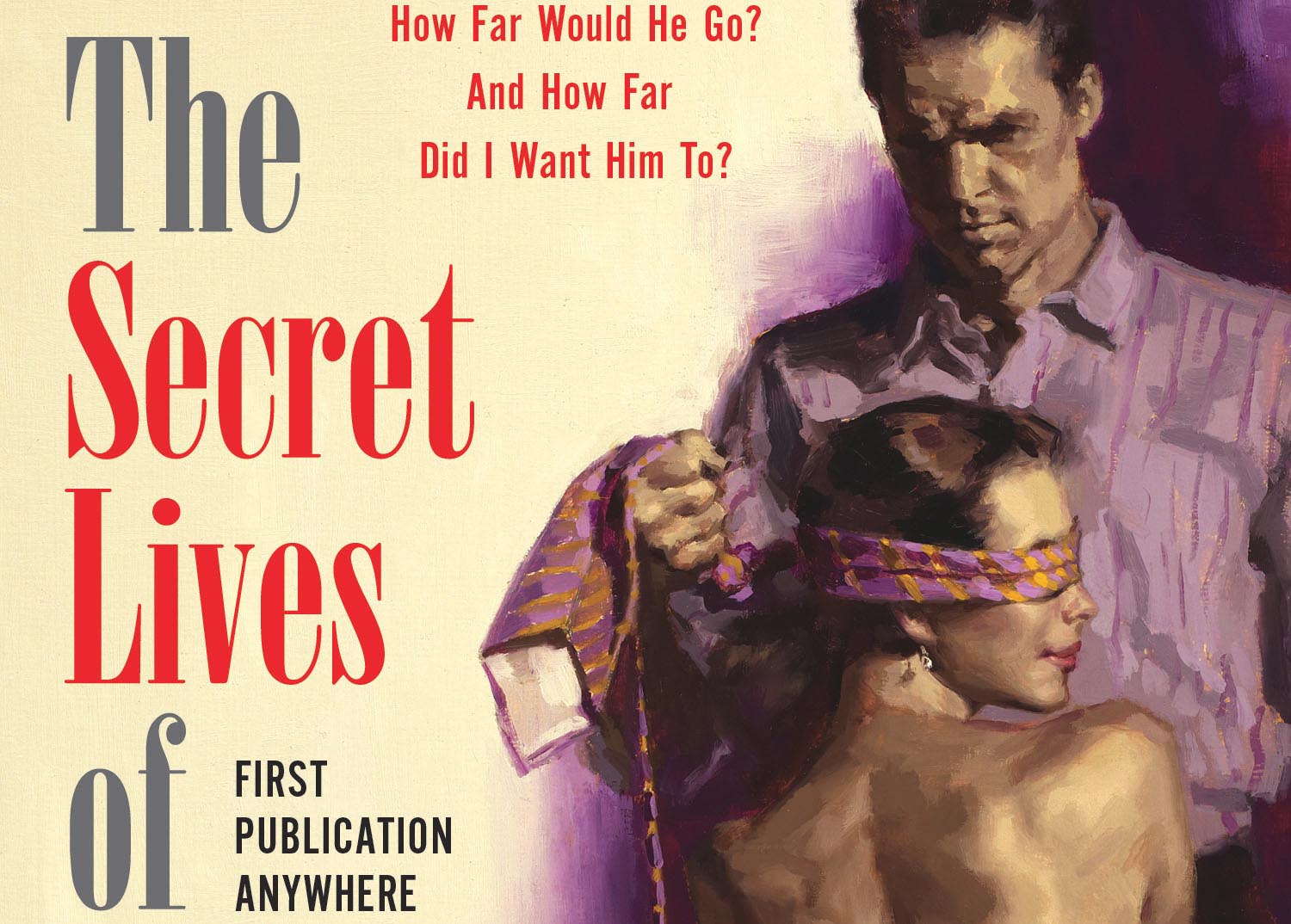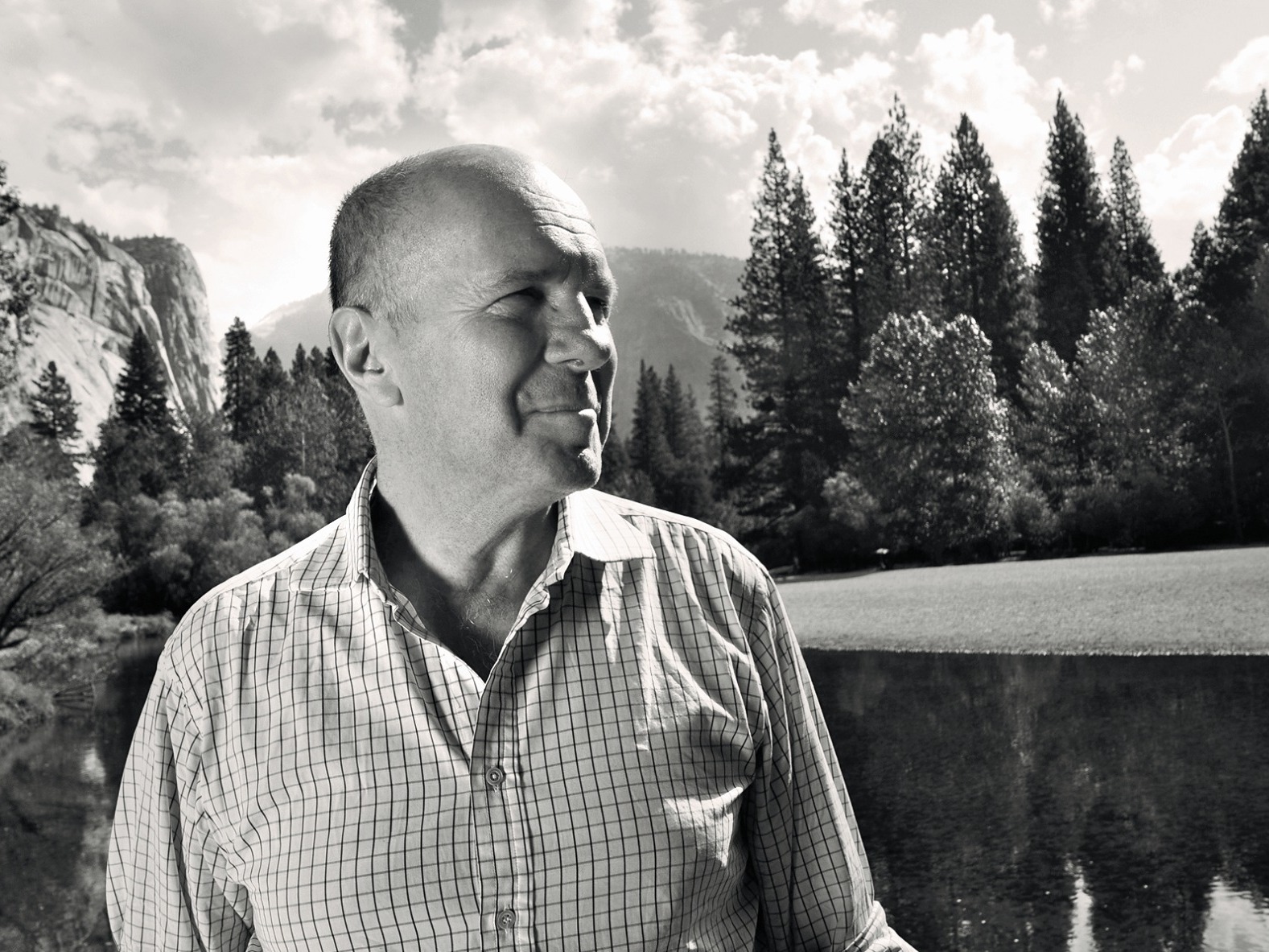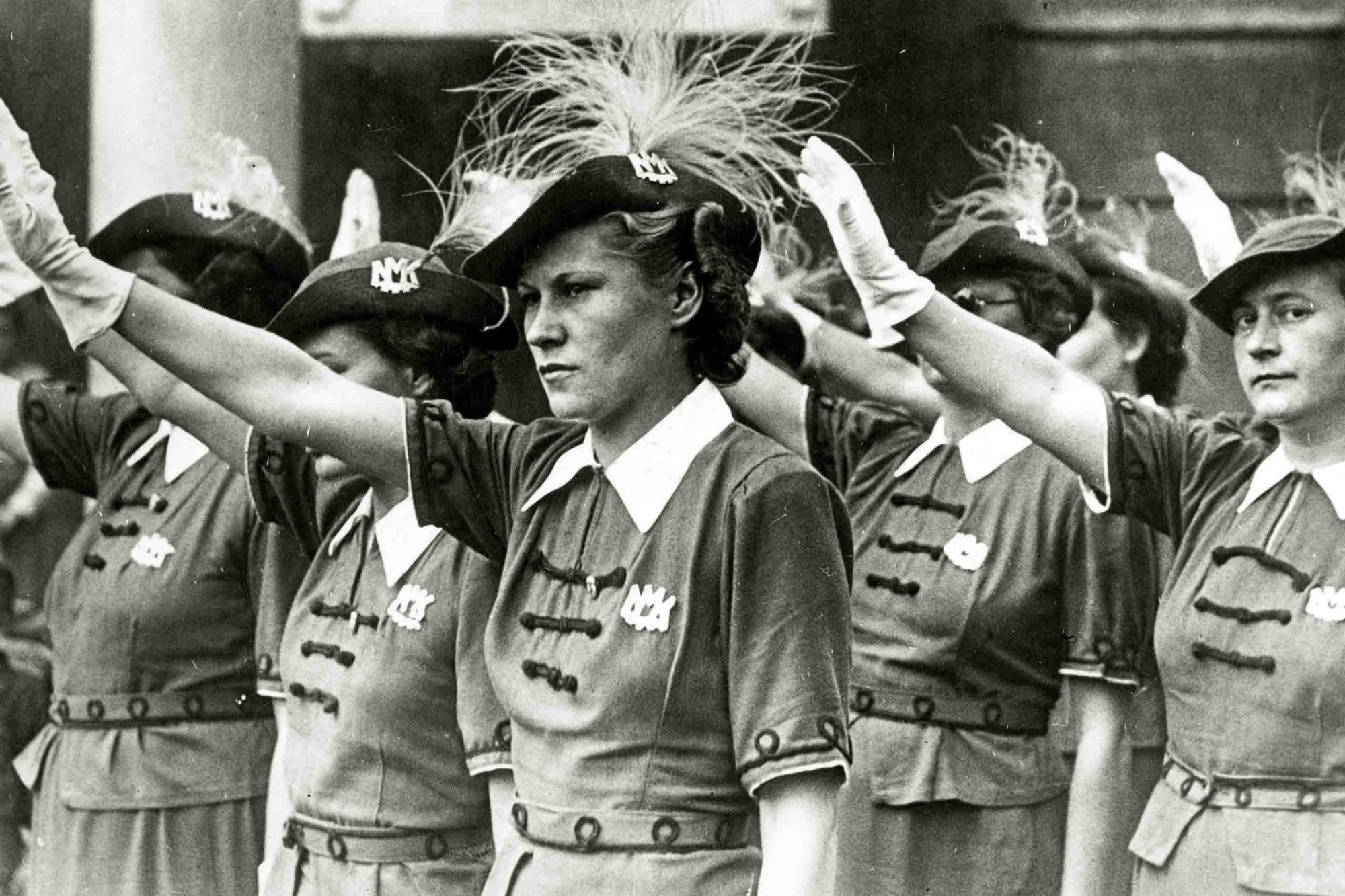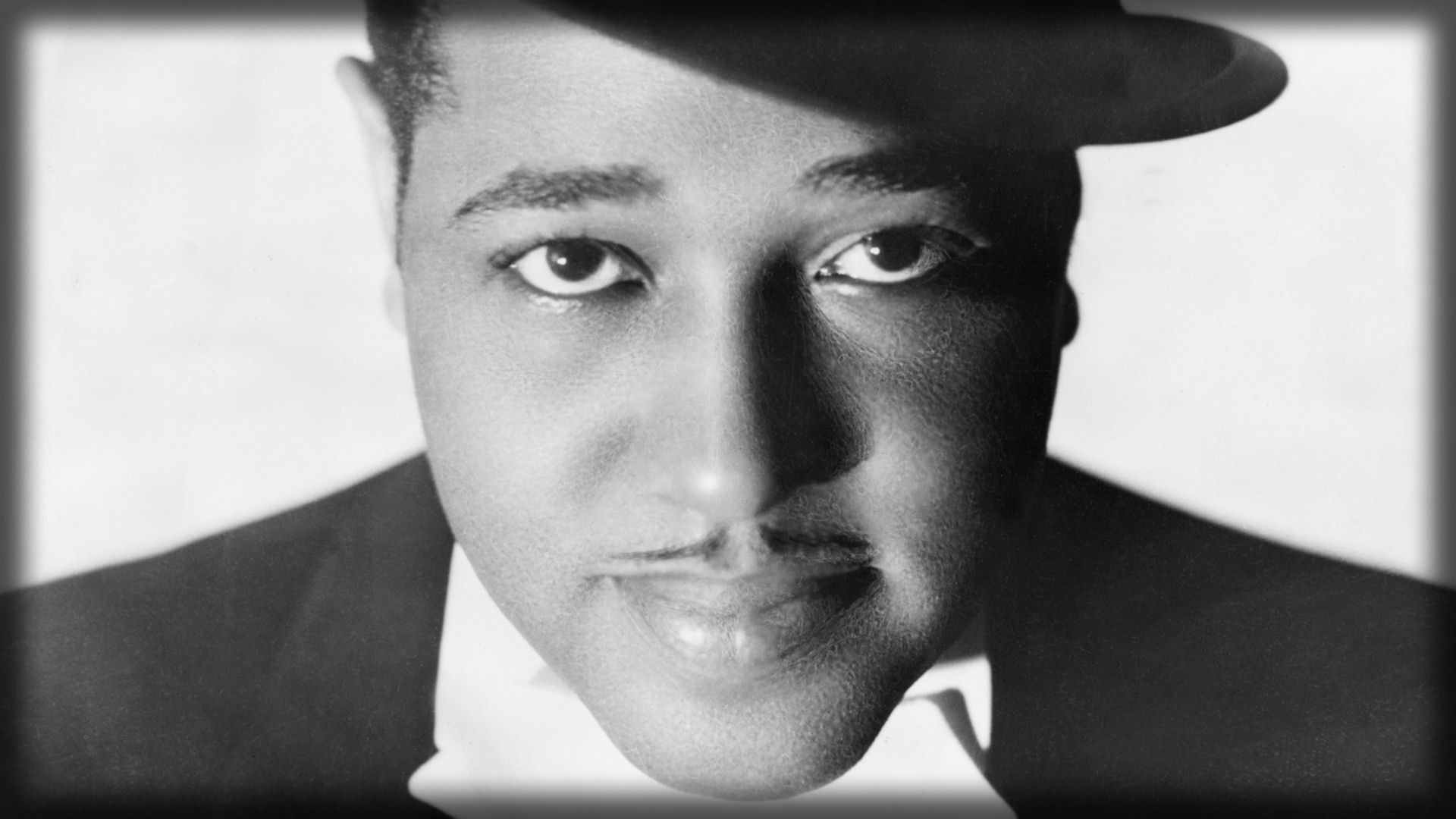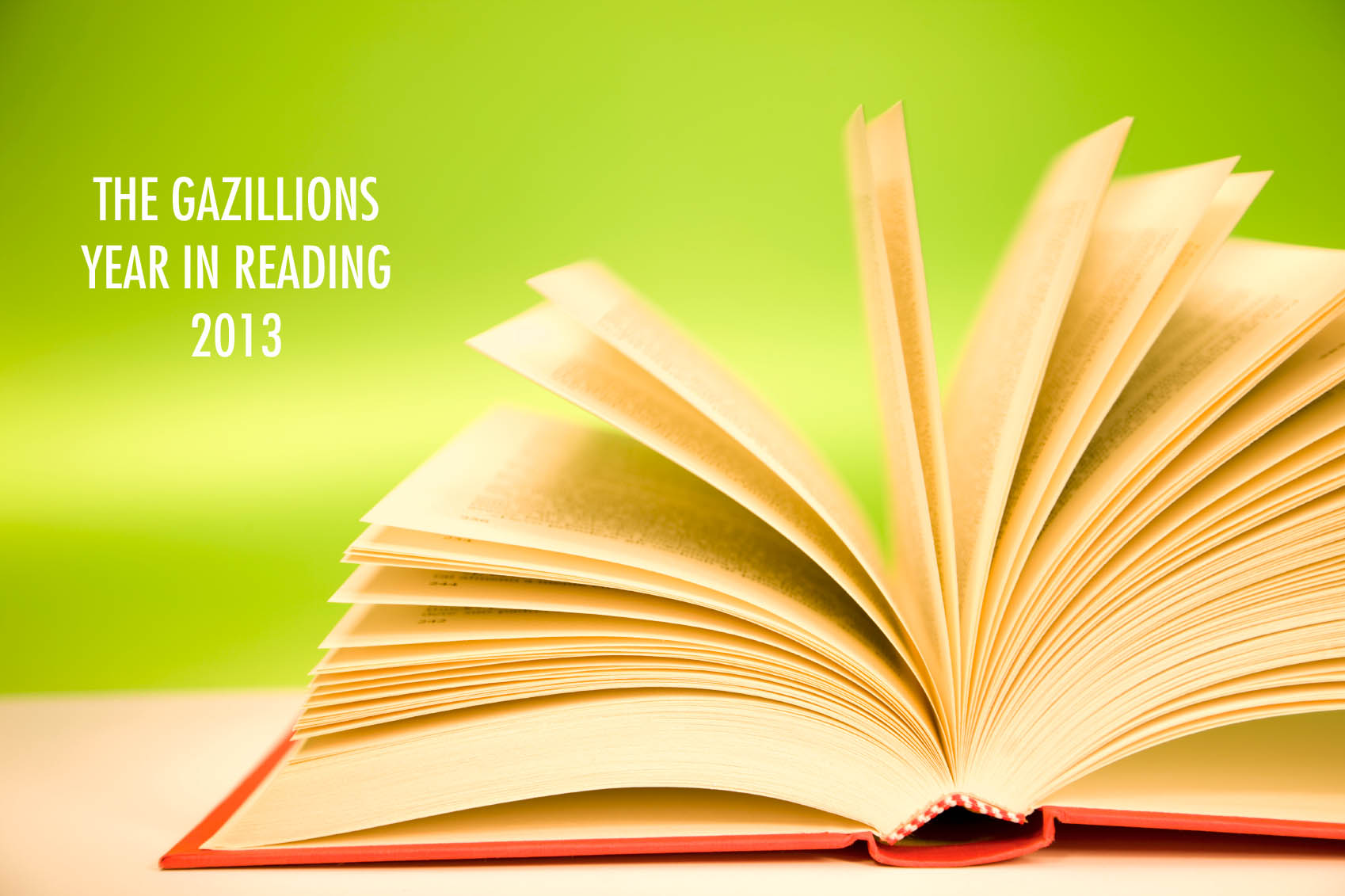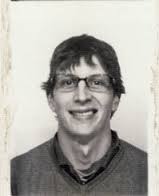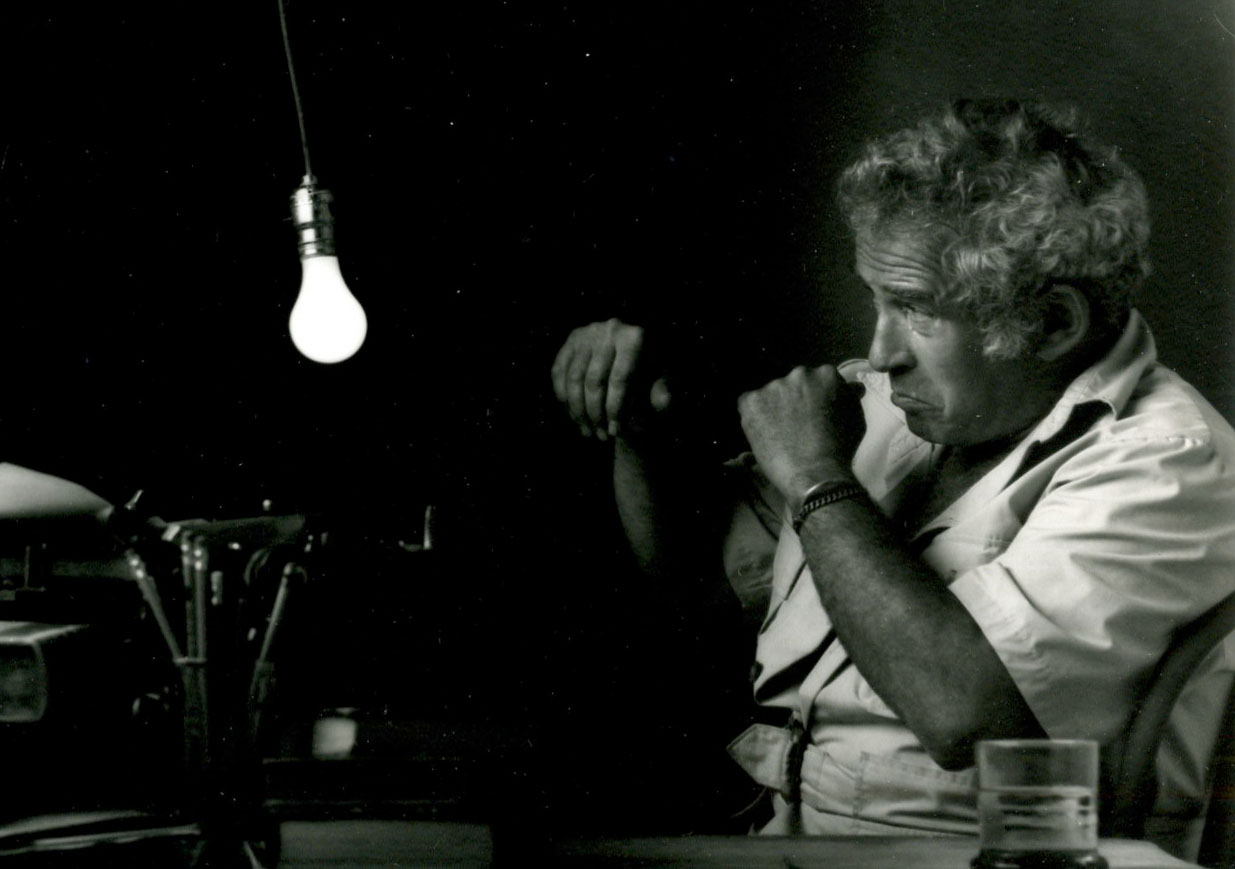Alissa Nutting is most recently the author of Tampa.
Author: Alissa Nutting
Listen: Play in new window | Download
Subjects Discussed: Unclean Jobs for Women and Girls as preparation for Tampa, how to build up immunization against narcissism and sociopathy, people who have called for Nutting’s demise, becoming enslaved to a character, contending with a protagonist who has no moral compass, incorporating hate mail into your daily routine, writers who are able to manage intense emotional characters, writers as mediums, Sylvia Browne, avoiding novels that are sunshine and teddy bears, pleasant weather in Tampa, PTSD moments that novelists experience, how Celeste encouraged the propagation of mean jokes inside Nutting’s head, attempts to be a positive person, why horror writers are so nice, literary novelists as passive-aggressive dicks, parallels between acting and teaching, teachers who can’t remember students, a porous memory as an occupational advantage, the state of being 400% bubbly, parents and memory vacations, Celeste’s sexuality defined almost exclusively in power, the inability of America to consider that women in power can abuse it, the evils of Slate articles, people who get riled up by The Cuckoo Clock of Doom, the advantages of not having a safe place, the scourge of happy movies, being angered by The Sound of Music, obnoxious musicals, the benefits of gloomy art, Kiese Laymon, the problems with cultural engagement, A.M. Homes’s early fiction, violence within David Foster Wallace’s short stories, why America is growing more reactionary in its fiction tastes, side characters within Tampa, Celeste pinpointing upon the corporeal form of people she isn’t attracted to, operating within a world of physical perfection, assumptions made by TV pundits, how Celeste doesn’t talk about her parents, examining extraordinary behavior without explanation, the best male monsters in fiction, how being a daughter can be a powerless role, Samuel R. Delany and poronotopia, Through the Valley of the Nest of Spiders, Fatal Attraction, Dhalgren, teachers at the mercy of No Child Left Behind, students who are bound by an anti-PDA contract, martyrs who live on the poverty line, reduced freedom of expression for teachers, the teacher surveillance state, trading in your classics degree for an educational one, why today’s kids are still interested in engaging with literature, Lord of the Flies as a Christmas story, teaching “The Pit and the Pendulum” without understanding it, when kids are smarter and more curious than adults, shock collar fantasies, teachers who go crazy, education as a dating service, Celeste’s metaphysical ideas about the soul and the body, language and metaphor, impoverished bands who refuse to write pop songs, how similes can kick you in the brain, Nutting’s love for the first-person, the contrast between thought and action, the inspiration that emerges from a boring childhood, Nutting’s Catholicism, John Waters, giving characters “thought vacations,” America’s indebtedness to religious language and principles, having family conversations about how we pretend, the extraordinary conditions it takes to miss church, taking off the Catholicism glasses to get inside the head of a pedophile, hedging your bets against intense obsession, when teachers teach behavior more than knowledge, Celeste being dictated by her smells, the Jack-Celeste relationship defined by food, insouciant perversity, why comedy is the scariest thing in the world, obsession and objectivity, the presentation of moral behavior and problems with neutrality, the desire to write a book with a soulless protagonist, soulless characters conveyed through language rooted in soul, men with monosyllabic names who transform into steak-eating, cigar-chomping, bear-swilling Visigoths, exhibition and parental duties, the terror of returning to the womb, notions of the dream woman, and being oblivious when everybody is watching.
EXCERPT FROM SHOW:
Correspondent: I wanted to start with some of the stories in Unclean Jobs for Women and Girls. Because I read this collection, and it seems to me that this was unknowing preparation for developing Celeste’s character in Tampa. We see in “Teenager” that it depicts much of the familiarity with school-related procedures, adults who determine what behavior is appropriate, the counselor who says, “I’m here to tell you all about your choices.” But then you have these — and I’m out of breath because I was running around cleaning up a beer mess.
Nutting: That is true.
Correspondent: So if I sound like I’m hehuhhehuh, suitably like some of the male characters in Tampa…
Nutting: (laughs)
Correspondent: Anyway…but then you have these surrealistic stories like “Ant Colony” and “Porn Star,” where you’re examining behavior related to intimacy in this kind of phantasmagorical context. So I’m wondering. How did writing these stories force you to get at the truths of Celeste’s aberrant behavior or deviant behavior in general? How did a fantastical tilt towards perversity aid you in becoming braver and truer as a writer?
Nutting: Yeah. That’s a great question. I mean, I’ve always been really attracted to female characters that are on the margins. And I think that this was. I can kind of relate it to immunizations, where you get a tiny bit of a virus and then you build up more and more immunity.
Correspondent: A virus? (laughs)
Nutting: Yes. I think these stories were my first experience with a virus. And after I was done with all of them, I could just withstand such a walloping dose or narcissism and sociopathy. Celeste was a pretty natural progression.
Correspondent: So you joined the Peace Corps, went to faraway countries, inoculated yourself from all hypothetical problems.
Nutting: (laughs) Right, right.
Correspondent: Do you think you developed empathy for this type of scoundrel?
Nutting: You know, what I did develop is this ease to see the humor in extremity and in perversity. That’s one of the questions that I get most often about Celeste. To what extent do you empathize with her or not? And it’s funny. Because I don’t think Celeste cares if someone empathizes with her. I feel a little proud that I made a character that is that much beyond my judgment. I mean, she just would not give a shit what I think about her. Or anyone else. I think that that’s kind of great. Because one of the things that I’ve explored so much in Unclean Jobs is different social pressures for women. And a lot of the characters really experienced and felt those social pressures as a form of pain. Because they didn’t live up to them or they didn’t resonate with them or they were not that individual’s experience of being in the world. It did not match what they saw. The behaviors they were asked to do and emulate. So I think in that way too, it was a fine marriage to pair myself with someone that just was further past anyone I’d written about before.
Correspondent: Well, what you just said there about how Celeste just really wouldn’t care if you empathized with her — if the writer, if her god, empathized with her — that is interesting to me. Because she is very clearly an emotional character. So if you have an emotional relationship with the character, how do you do it without empathy? How do you summon it like that? Or do you feel that such moral definitions are just outside the scope of what you should be doing as a fiction writer?
Nutting: Yeah. And that’s another huge aspect of the discussion.
Correspondent: The Discussion? (laughs)
Nutting: Yes, The Discussion.
Correspondent: The people with pitchforks calling for your demise. (laughs)
Nutting: (laughs) Yeah, and the pitchforks are on fire. And there’s all kinds of pyrotechnics when people are talking about you.
Correspondent: Burning crosses on various literary websites.
Nutting: Oh definitely.
Correspondent: What should be done with you? Have you been getting serious…
Nutting: Oh yes. Yes. I get hate mail. Like I wake up getting hate mail.
Correspondent: Like how much do you get generally?
Nutting: Well, it’s tapered a bit since the fall. In the summer, I was getting five or six a day.
Correspondent: Oh okay. I’ve gotten about that much when I write something inflammatory. So you and I are buds here. (laughs)
Nutting: Nice! And it was weird. Because it actually became integrated into my day.
Correspondent: (laughs) The routine of responding to hate mail!
Nutting: Yeah. It was like make my coffee, see who wants to kill me.
Correspondent: (laughs)
Nutting: Move my bowels and go to Pilates.
Correspondent: Maybe the best way is to check your mail when you’re moving your bowels.
Nutting: Yeah.
Correspondent: On the phone? It’s the best way to deal with it in that position.
Nutting: It’s funny.
Correspondent: If you’re going to get shit, you may as well expel it.
Nutting: Right! Right. I never respond to it.
Correspondent: Well, we got scatological pretty quick. (laughs)
Nutting: Sorry. That’s the hazard of having a conversation with me.
Correspondent: Or me.
Nutting: I mean, it’s interesting. Because partially, once I really got into her voice. Once that template was melded into my brain, I mean, I really feel like she just rode me around like a horse. And I was just crawling on my knees in a dog collar. “Yes, Celeste. Okay, Celeste. I will, Celeste.” Like it wasn’t…
Correspondent: You couldn’t just manage the character and say, “No. You know what? Celeste, you can do whatever you want. But you ain’t going to get me!”
Nutting: (laughs) No.
Correspondent: Really?
Nutting: I mean, I just felt like I had to submit to her truly. But one of the conversation aspects that the book has sparked is that, on one count, it’s literature must be redemptive. And if it is not redemptive, it shouldn’t be written about. Or it’s a worthless book. And then on the other side, it’s people who can see worth in a book that is not redemptive.
Correspondent: That has no moral compass whatsoever.
Nutting: That has zero moral compass. That is what I felt I had to do, particularly with the subject, with a female protagonist. Particularly as a female writer. I just felt that the expected trajectory to write about the situation would be to do it dramatically and with sympathy and have some kind of level of rationalization that would be easily digestible for readers. Which is exactly why I felt that I can’t do any of that. I have to do the opposite. Because I don’t think people would blink. That conversation’s already out there. We’re already taking that line to its thus far unproductive end. And I wanted to do something that would shake up the patterns that we seem to have fallen into in talking about this behavior.
Correspondent: At the risk of possibly objectifying you, I still have this image of you on all fours answering to Celeste’s orders.
Nutting: (laughs)
Correspondent: I’m curious to know more about what this was like. You’re the author. You say what goes. You can push back against a character’s whims or you can go ahead and say, “Yeah! Do it! It’s not going to affect me.” I’m wondering why you felt you were basically the bottom here. (laughs)
Nutting: Yeah, yeah. I mean, intellectually, what you’re saying makes perfect sense. But that was not how it felt to me. Like that was not how she felt to me. And I mean, I really was a wreck. It was not uncommon for me to just work on the manuscript eight or nine hours a day, not leave the house, not eat except for coffee. It was just manic. And my partner would come home and we’d be talking. He was like, “Where are you?” And it would take me a while to get out from under. I mean, she likes slipped me roofies on the regular.
Correspondent: Wow.
Nutting: I mean, that’s how it felt. I’m like, “What happened? Where am I?” I have these hazy, disturbing images in my head.
Correspondent: Did she cause you to wake up on a park bench somewhere in Cleveland?
Nutting: (laughs) Luckily it didn’t go that far.
Correspondent: So you do have some control against Celeste!
Nutting: I think that if I had resisted her, she would have shown me zero mercy. And, yeah, I would have woken up on a Greyhound bus having urinated all over myself.
Correspondent: You would have knocked on this door and we would have had to check you in somewhere.
(Loops for this program provided by 40a, bdenney, striddy2, and hennasee.)
The Bat Segundo Show #529: Alissa Nutting (Download MP3)

